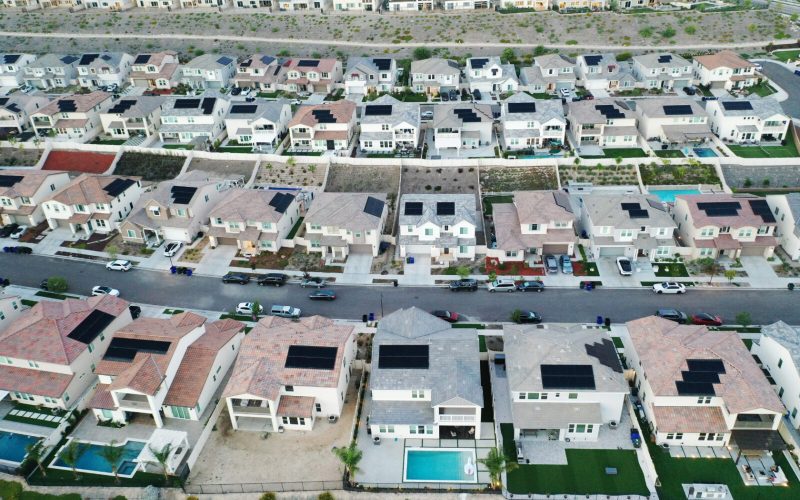In the ever-evolving landscape of real estate, technological advancements are catalyzing a revolution that promises to redefine how we buy, sell, and inhabit properties. From cutting-edge virtual reality experiences to artificial intelligence-driven analytics, the intersection of technology and real estate is unleashing a wave of innovation that is reshaping the industry.
Virtual Reality Redefining Property Tours
In the not-so-distant past, property tours were confined to physical visits, limiting potential buyers and renters. Enter virtual reality (VR), a game-changer in the real estate market. With VR technology, potential clients can now explore properties from the comfort of their homes, immersing themselves in a lifelike walkthrough that transcends traditional photos and videos. This not only enhances the convenience for buyers but also broadens the reach of property listings beyond geographical constraints.
Blockchain: Transforming Transactions and Security
Blockchain technology, famous for its role in cryptocurrencies, is finding a new home in real estate transactions. Its decentralized and secure nature eliminates the need for intermediaries, reducing the risk of fraud and streamlining the buying process. Smart contracts, powered by blockchain, automate and enforce contractual agreements, adding an extra layer of transparency and efficiency to real estate deals.

Artificial Intelligence Enhancing Predictive Analytics
The integration of artificial intelligence (AI) into real estate is not just a buzzword; it’s a game-changing reality. AI algorithms are now being employed to analyze vast amounts of data, helping predict market trends, property values, and investment opportunities. Machine learning models are becoming adept at understanding buyer preferences, assisting real estate professionals in offering personalized recommendations and improving customer satisfaction.
Sustainability Tech: Building a Greener Future
As the world becomes increasingly conscious of environmental issues, the real estate industry is embracing sustainability technologies. From energy-efficient smart homes to eco-friendly construction materials, technology is playing a pivotal role in reducing the environmental impact of buildings. Innovations like solar panels, smart thermostats, and green roofs are becoming standard features, not just to meet regulations but to appeal to a growing eco-conscious market.
Challenges and Ethical Considerations
While the influx of technology into real estate brings undeniable benefits, it also raises ethical considerations and challenges. Privacy concerns surrounding the collection and use of personal data in smart homes, the potential for bias in AI algorithms, and the digital divide affecting those with limited access to technology are all critical issues that demand attention.
Conclusion
The fusion of technology and real estate is reshaping the industry in profound ways, offering both challenges and opportunities. As innovation continues to unfold, it is crucial for the real estate sector to navigate these changes responsibly, ensuring that the benefits are widespread and the ethical considerations are addressed. The future of real estate is undoubtedly tech-driven, and how industry players adapt to and embrace these innovations will determine their success in this dynamic landscape.












